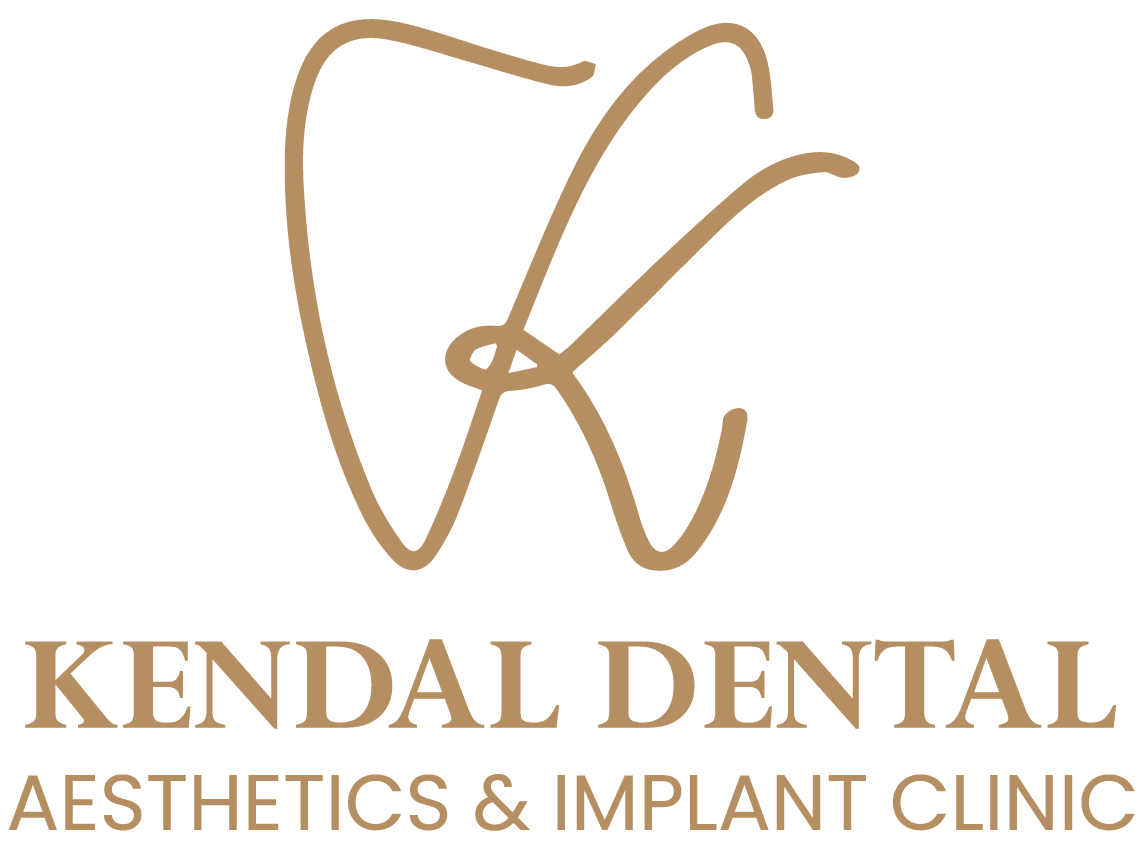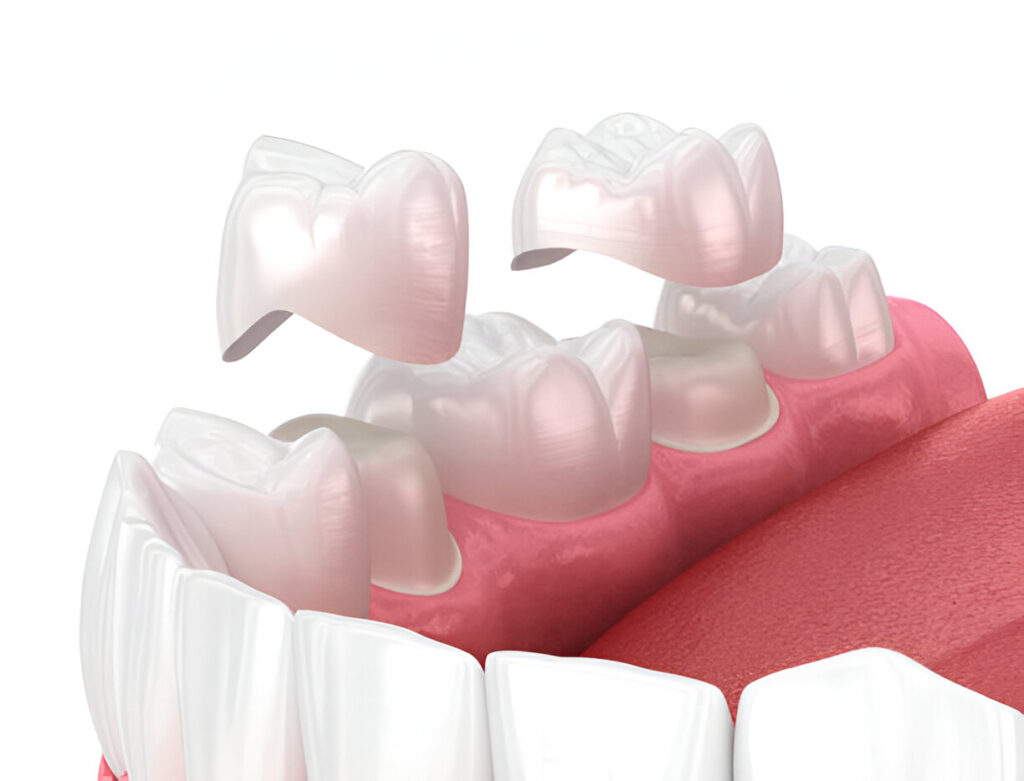If you need a dental crown, understanding the costs and treatment options under the NHS can help you make an informed decision. A crown is a dental cap that covers a damaged tooth, restoring its shape, size, and function. It can also improve the appearance of a tooth that has decayed or been affected by a root canal. In this guide, we’ll explain the cost of a crown on the NHS, the types of crowns available, and the process involved.
What Is a Dental Crown?
A Dental crown is a protective cap that fits over a damaged tooth. It can be made from various materials such as metal, porcelain, or a combination of both. Crowns are often necessary if a tooth is weakened by decay, injury, or a root canal. They help restore the tooth’s strength and prevent further damage.
There are different types of crowns, and the choice of material depends on the location of the tooth and the clinical needs. For instance, metal crowns are more durable and are often used for back teeth, while porcelain crowns are more natural-looking and are often used for front teeth.
NHS Band System and What It Covers
The NHS categorizes dental treatments into three bands based on their complexity. Here’s how the bands work:
- Band 1: Covers your initial consultation, diagnosis, and preventive care advice. The cost for Band 1 treatment includes basic diagnostic services like X-rays and advice on prevention.
- Band 2: Includes everything in Band 1, plus additional treatments like fillings, extractions, and simple root canal treatments. This band covers the cost of crowns, which fall under more complex procedures.
- Band 3: Covers more complex procedures such as crowns, dentures, and bridges. This band includes the full treatment required to fit a crown, including initial consultations and any necessary preparations.
What Types of Crowns Does the NHS Offer?
Under the NHS Dentist, the type of crown you get is usually decided based on what is clinically needed. The materials used for crowns are selected for their durability and suitability for the specific tooth. The types of crowns available under the NHS include:
- Metal Crowns: These are mainly used for back teeth, where the crown won’t be visible. Metal crowns are highly durable and can withstand heavy chewing forces.
- Porcelain-Fused-to-Metal Crowns: These are commonly used for front teeth as they combine the strength of metal with the natural appearance of porcelain. They are a good choice if you need a crown that is both strong and aesthetically pleasing.
If you need a crown for a front tooth and prefer a more natural look, the NHS may provide a porcelain or ceramic crown, but these are less commonly covered and are typically available only if they are medically necessary.
How to Choose the Best Dentist in Kendal for Your Family?
Private vs. NHS Crowns: What’s the Difference?
While NHS crowns are a cost-effective option, some people may prefer private dental care. Private crowns offer a wider range of materials, such as all-ceramic crowns or zirconia crowns, which are more natural-looking and may be more durable. Private dental care also offers quicker appointments and more flexible scheduling, but the cost can be significantly higher.
Private crowns can start at a higher price, and the cost can increase depending on the material used and the complexity of the procedure. For those prioritising aesthetics or seeking the most advanced materials, private crowns might be the better option.
What to Expect During the Crown Procedure
Getting a crown typically involves two visits to the dentist:
- First Visit: The dentist will prepare your tooth by removing any damaged or decayed areas. They will take impressions of your tooth to create a custom crown. A temporary crown will be placed to protect your tooth while the permanent one is being made.
- Second Visit: The temporary crown is removed, and the permanent crown is fitted. The dentist will check that the crown fits properly and make any necessary adjustments. Once satisfied, the crown is cemented into place.
What is an Extreme Dental Emergency?
Aftercare for Your Crown
Caring for your new crown is essential to ensure it lasts for many years. Here are some tips for maintaining your crown:
- Brush and Floss Regularly: Just like your natural teeth, crowns need regular brushing and flossing. This will help prevent plaque buildup and gum disease.
- Avoid Hard Foods: Be cautious with hard foods that could damage your crown, especially if you have a metal crown.
- Regular Check-ups: Visit your dentist regularly for check-ups and to ensure your crown is still in good condition.
Conclusion
Dental crowns on the NHS offer a cost-effective solution for those needing dental restoration. While NHS crowns focus on functionality and clinical effectiveness, private crowns offer a wider range of materials and quicker appointments at a higher cost.
Whether you choose NHS or private treatment, it’s important to consider your needs, budget, and aesthetic preferences. Speak to your NHS dentist to determine the best option for your dental needs and budget. Crowns are an important part of maintaining your oral health, and with proper care, they can last for many years.
Ready to Restore Your Smile?
If you’re considering getting a crown or any other dental treatment, Kendal Dental Aesthetics and Implant Clinic is here to help. Our experienced team offers high-quality NHS and private dental care options to restore your smile and improve your dental health.
Book your consultation today and take the first step towards a healthier, more confident smile! Contact Kendal Dental Aesthetics and Implant Clinic now to schedule an appointment. We look forward to helping you achieve the perfect smile.
Frequently Asked Question
How long do NHS crowns last?
NHS crowns can last between 5 to 15 years, depending on material choice, oral hygiene, and the location of the crown. Proper care, including regular brushing and flossing, can help extend the lifespan of your crown and prevent early wear.
Can I choose the type of crown on the NHS?
The NHS offers crowns based on clinical need. Your dentist will recommend the best material for your tooth’s location and condition. Typically, NHS crowns are metal or porcelain-fused-to-metal. For front teeth, your dentist may use porcelain crowns if medically necessary.
How does the NHS decide which crown I get?
The type of crown you receive under the NHS is determined by your dentist based on clinical needs. Factors like the tooth’s position and the level of damage will guide the choice of material, ensuring both function and durability.
Can I get a crown for a front tooth on the NHS?
Yes, you can receive a crown for a front tooth on the NHS, usually made from porcelain-fused-to-metal for a natural look. If it’s medically necessary, a full porcelain or ceramic crown may also be available to blend seamlessly with your smile.
Are there any additional costs for NHS crowns?
The NHS crown fee generally covers the entire procedure, including the consultation, tooth preparation, and fitting of the crown. However, if other treatments or additional work is required, extra charges may apply. Always discuss potential additional costs with your dentist before treatment.


